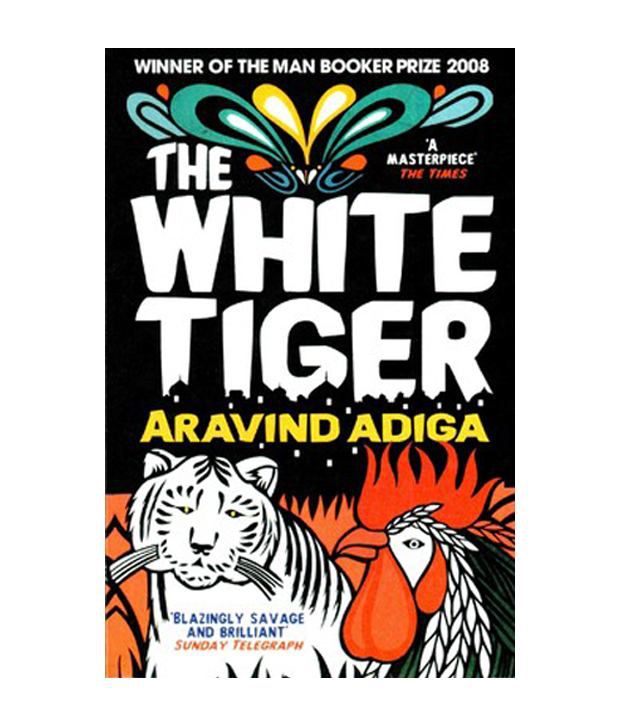Aravind Adiga in The White Tiger raises important questions and completes an important feat – rendering the complex concepts of poverty traps and the rah-rah around entrepreneurship accessible in a devastating tale.

The White Tiger by Aravind Adiga, Atlantic Books, Published March 2009, 336 pages, ISBN: 978 1 84354 722 8
The entrepreneurial story is often about young men – women rarely feature as protagonists – undertaking the journey from rags to riches. Through hard work, attending the University of Hard Knocks the protagonists find a route to social mobility and respect. This universal storyline has been criticised so consistently that to equate entrepreneurial success with hard work, dedication and perseverance – without referencing to contextual factors – is to be guilty of the Haratio Alger Myth. The author Haratio Alger, was an extremely popular American author writing in the 19th century, who told stories of industrious young men overcoming their poverty, with hard work, initiative and perseverance, and through that becoming not only wealthy, but virtuous people. There is an importance in not reproducing this myth, for as much as we admire the successful and ethical entrepreneur, it provides little understanding of the reasons for her success.
Can the opposite however be true? In criticising those perpetuating the Haratio Alger Myth we may overemphasis the contextual factors that have led to entrepreneurial success. Yet, there is a deeper conclusion that we may reach – entrepreneurial success may transform the lives of the person, but it is not powerful and disruptive enough to change the underlying economic system, meaning that the majority of people stay trapped in conditions of exclusion and exploitation. A demanding question that South Africa must face, and the reason The White Tiger – set in India – has relevance to us in South Africa.